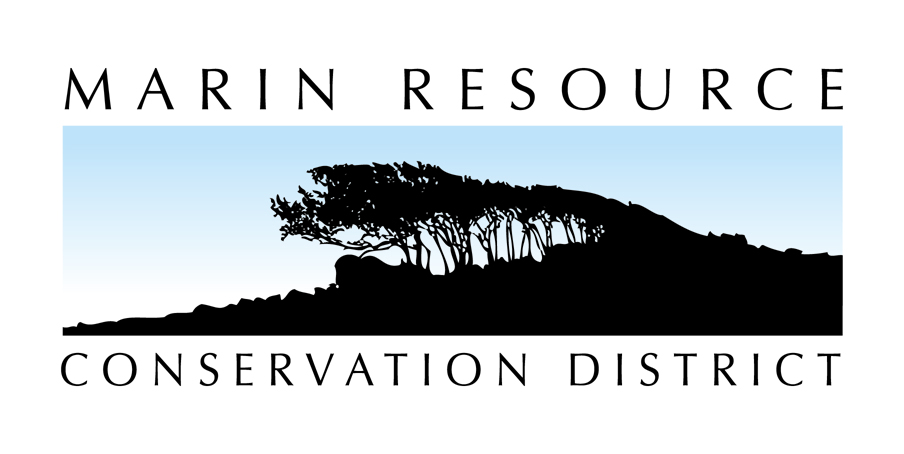Project Status
The Marin Biomass Project has undertaken a comprehensive study of biomass flows generated in Marin and of a utilization system that can make ecologically and economically sound uses of them. Working with Spatial Informatics Group (SIG) as the prime consultant on the Study, as of March 2025, the status of the study chapters are as follows:
Chapter Status
Chapter 1: Biomass Feedstock Evaluation draft under revision
Chapter 2: Utilization Pathways Assessment draft under revision
Chapter 3: Greenhouse Gas Analysis draft under revision
Chapter 4: Economic Analysis draft under revision
Chapter 5: Findings and Recommendations under revision
The Collaborative has met and provided in-depth feedback on Chapters 1-5. The Steering Committee has used this feedback to undertake revisions to Chapters 1-5 with the consulting team.
